Malala Yousafzai was just a girl with a dream. A dream to learn, to read, and to go to school like every other child. But in her hometown of Swat Valley, Pakistan, that simple dream was considered a crime. The Taliban had taken over, banning girls from attending school. But Malala refused to accept it.
Malala Yousafzai: A Voice That Shook the World
Born in 1997, Malala grew up in a family that valued education. Her father, Ziauddin Yousafzai, ran a school and always encouraged her to speak her mind. Even as a child, Malala was fearless.
When the Taliban took control, they shut down schools for girls. Malala, just 11 years old, started writing a BBC Urdu blog under a pseudonym, exposing the horrors of life under their rule. She described her fear, her dreams, and her determination. The world listened.
Her identity was later revealed, and she became a symbol of resistance. But speaking up came at a cost.
Table of Contents
The Attack That Changed Everything
On October 9, 2012, as 15-year-old Malala sat in a school van, a masked gunman climbed aboard. “Who is Malala?” he asked. Then, he pulled the trigger.
A bullet struck her head. The world held its breath. But Malala survived. After months of treatment in the UK, she emerged stronger than ever. The attack had not silenced her—it had given her an even bigger voice.
Malala Yousafzai From Survivor to Global Icon
Malala didn’t stop. She turned her pain into purpose. She co-founded the Malala Fund, advocating for girls’ education worldwide. At just 17, she became the youngest Nobel Peace Prize winner in history.
She spoke at the United Nations, met world leaders, and fought tirelessly for girls everywhere. Today, her foundation has helped millions of girls access education in countries like Afghanistan, Nigeria, and India.
Why Malala’s Story Matters
Malala’s journey isn’t just about surviving an attack. It’s about challenging oppression, fighting for education, and proving that one voice can change the world. Her story reminds us that courage isn’t the absence of fear—it’s standing up despite it.
Even today, millions of girls are denied education. Malala’s fight is far from over. She continues to inspire young girls to demand their rights, proving that one girl, one book, and one pen can indeed change the world.
Final Thoughts: Be the Change
Malala’s story is a testament to resilience, bravery, and the power of education. She refused to be silenced, and in doing so, she ignited a global movement.
Her message is clear: Every girl deserves an education. Every girl deserves a future. And every voice, no matter how young, can make a difference.
Malala’s fight continues. And so should ours. Will you stand for education? 💙
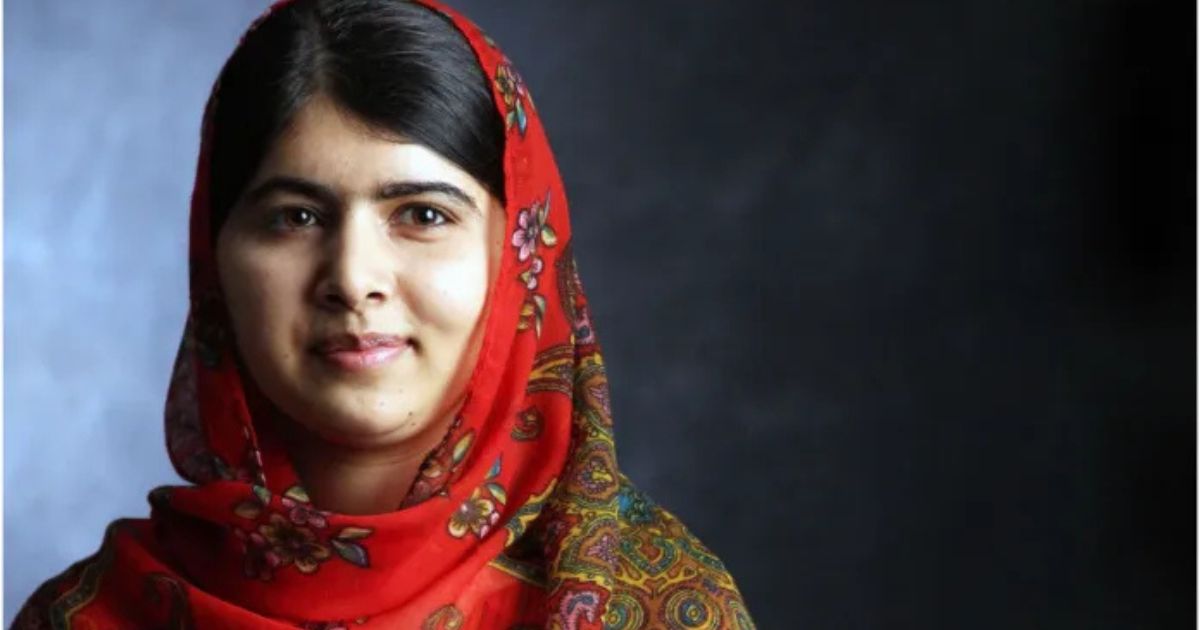
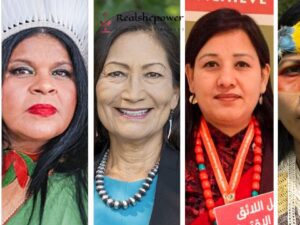

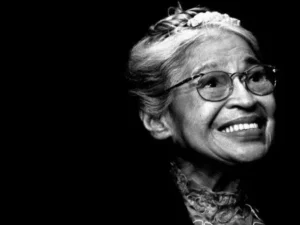



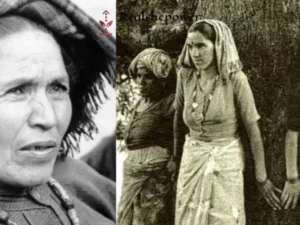


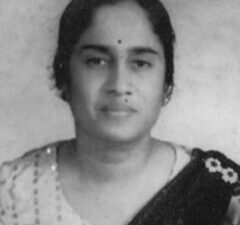


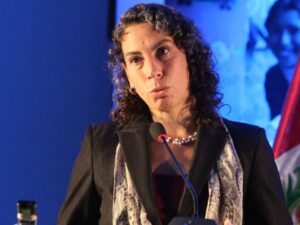

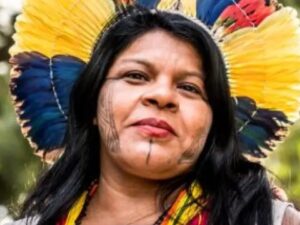



I am really inspired together with your writing talents as well as with the structure in your weblog. Is this a paid theme or did you modify it your self? Either way keep up the excellent quality writing, it’s uncommon to peer a nice blog like this one these days
I just like the helpful information you provide in your articles
This blog has opened my eyes to new ideas and perspectives that I may not have considered before Thank you for broadening my horizons
Hello, your website is very useful and informative. I was able to easily find everything I was looking for. Thank you!